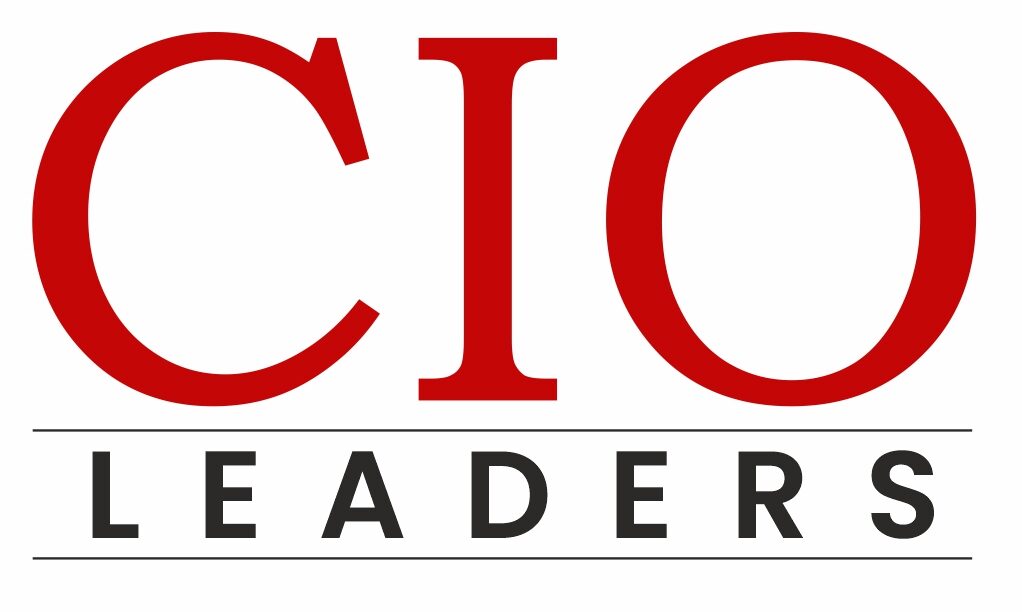In the hospitality industry, one of the critical things that make the current memorable moments of guests is personalization. Tailoring services for personalized guest experiences is not only matching guest expectations but also exceeding them and cherishing special moments of guests. Personalization practice is more than providing good customer service; it’s about understanding the taste of one’s guest, his desires, and behavior.
Are you in the hospitality industry? Think about the ways you may personalize your services to create a great experience for your guests.
Understanding Guest Preferences
To personalize experiences, one needs individual preference data. This data consists of the information collected in the booking process, feedback from previous stays, and insights from online interactions. Data analytics, when used, yields various patterns and trends that eventually expose to the businesses what matters most for the guests.
This may include knowing the favorite type of room, special diet requirements, or activities an individual likes. With these information pieces, one can personalize the stay much better. Such insight exhibits that a business cares for a customer’s preference, and in turn, it can deepen satisfaction and loyalty.
How to Activate Personalization Strategies?
Personalization is really about touch points in the guest journey. From booking to after-stay, there are ample opportunities for a business to personalize each of those interactions. That could be a welcome message personalized to that guest or customized room setting, or recommendations of local attractions or dining options.
Such personalized experiences are given by technology, including mobile applications, online booking platforms, and customer relationship management systems. All these can be used to customize interactions. Ensuring that such resources are accessible creates engagement, which enhances a seamless experience for the guests.
Training Staff for Personalized Service
The other essential activity for providing customized guest experiences is training the staff. The employees should be trained to identify the specific requirements of guests and provide services accordingly. This becomes feasible by hosting workshops and role-play activities and following up with further training sessions on empathy and communication.
The ability to empower the staff to take initiative in personalizing service will lead to exceptional interactions with guests. A returning guest is surprised when he or she is served with his or her favorite drink or room temperature, as set by the previous stay. Such attention to detail can be a difference-maker in a business and make it truly fit for customer loyalty.
Use of Technology in Personalization
Technology can greatly enhance the ability to deliver personally differentiated guest experiences. Various tools and platforms can enable businesses to collect, analyze, and even make use of guest data to offer a more bespoke interaction. Customer relationship management systems, data analytics software, and artificial intelligence can identify patterns of behavior and preferences of guests.
Data-centric insights can help businesses to recommend personalized packages or interests of guests. A stay may be improved by recommending spa treatments, the choice of dinner, or local tours.
Building a Seamless Experience
Seamless is always the word for an effective personalization experience. It should follow through efficiently, making it a flow of your guest’s journey. Through integrated systems that share a common pool of guest information across departments, it will become possible.
When a guest wishes to check out later than they initially intended. This request ought to be accessible to and known to the staff members involved so that everyone is in a step towards service delivery. Removing friction points and having better communication between employees helps businesses become more fun and inviting to their guests.
Improvement Through Guest Feedback
Gathering feedback after a guest’s stay is crucial in efforts to continually improve on personalization. The feedback usually indicates what works and what does not. Surveys or direct communication help businesses know the kind of needs that their guests have.
This is feedback that helps fine-tune personalization strategies and build improved services. Feedback analysis goes further than just making the needful adjustments but also makes guests feel their opinions are valued. Such dedication towards change can amount to a stronger relationship with customers.
Conclusion
Improvement in guest experience through personalization is one of the important keys to hospitality businesses’ success. Only through an understanding of guests’ needs and implementing effective personalization strategies, training employees about this, leveraging technology, experience simplification, and capturing guest feedback will companies manage to deliver memorable and meaningful experiences. Such a strategy transcends higher guest satisfaction but rather ensures loyalty and long-term gains. Now is the right time to review your current processes and how you can transform your guest experience into something more personal.

